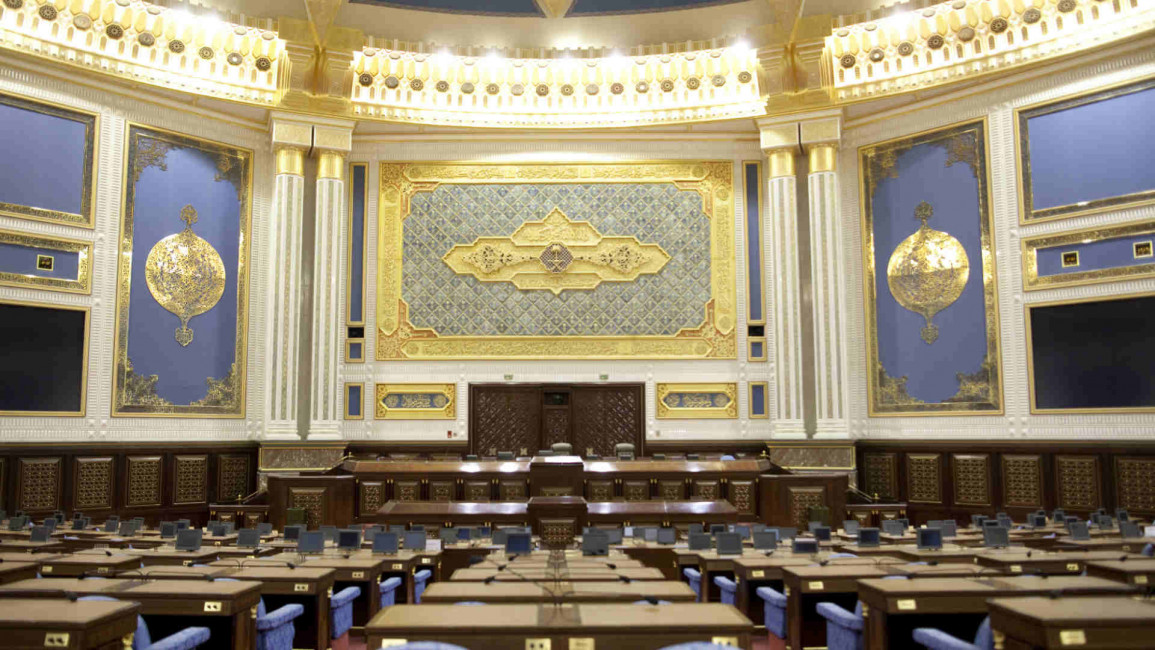Saudi Arabia mulls 'non-discriminatory' blood money payout for non-Muslims, women
Members of Saudi Arabia's Shura Council have recommended the same blood money payouts for women and non-Muslims, slamming existing laws as "discriminatory".
Under the current law in Saudi Arabia, the families of Muslim men get the highest blood payments, double the amount given to those of women victims.
Three members of Saudi Arabia's Shura Council - Latifa Al-Shaalan, Faisal Al-Fadel, and Atta Al-Subaiti - are challenging this, saying the double payments for Muslim men are not stipulated in the Quran and want a draft law, currently being studied by the body, to reflect this.
"The proposed amendment in the draft law will be as follows: 'It is prohibited to show discrimination in the amount of compensation in a felony against a person on the basis of gender, religion, or any other forms of discrimination," a source told Okaz/Saudi Gazette.
Blood money is a payment made by offenders to the families of their victim with the amount paid out depending on the crime committed and other issues.
The practice is common in Saudi Arabia for fatal road collisions and accidental deaths.
The Shura Council members said the changes to the Civil Transactions Law will help empower women, promote human rights, and bring Saudi Arabia in line with international law and consensus.
They say rulings by leading Islamic scholars confirm that families of women and non-Muslims should be given the same compensation, regardless of gender, nationality, or creed.
Saudi Arabia's Crown Prince Mohammed bin Salman has looked at reforming four pieces of legislation, including the Civil Transactions Law which covers the blood money payments.
MbS has sought radical changes since becoming de-facto ruler, introducing laws allowing Saudi women to drive, relaxing rules on gender segregation, and curtailing the powers of the religious police.
He is also looking at an overhaul of the kindom's sharia-based legal system and codify law, which it is argued will bring Saudi Arabia in-line with international norms.
At the same time, the de-facto ruler has been criticised for a crackdown on women's rights activists and other reformers.


![President Pezeshkian has denounced Israel's attacks on Lebanon [Getty]](/sites/default/files/styles/image_684x385/public/2173482924.jpeg?h=a5f2f23a&itok=q3evVtko)



 Follow the Middle East's top stories in English at The New Arab on Google News
Follow the Middle East's top stories in English at The New Arab on Google News


